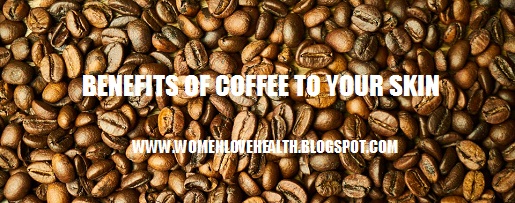FOOD ALLERGY
Food allergies are caused by a problem in your immune system. It can be caused by intake of shellfish, nuts or soya. Sensitivities of foods in your body makes it intolerant against these foods which results an allergy. Food allergy caused by your digestive system.Your immune system when reacts to a certain food or ingredients as if it were harmful.
Food allergy can be a life threatening problem but its rare and you can enjoy the allergic food in small quantity.
Food allergy symptoms are most common in babies and children, but they can appear at any age. You can even develop an allergy to foods you have eaten for years with no problems.
Data shows that about 4% of adults and up to 8% of children have a food allergy. With the rise of food allergies in children, some pregnant and breastfeeding women may worry about eating certain
foods.
"An allergy occurs when your body’s natural defenses overreact to exposure to a particular substance, treating it as an invader and sending out chemicals to defend against it."
WHAT HAPPENED DURING FOOD ALLERGY
As you know your immune system detects and destroy germs, such as bacteria or viruses, that could make you sick. Sometimes, it makes a mistake and attacks something harmless.A food allergy happens when your immune system attacks a food protein. Your body makes its own proteins, called IgE antibodies, or immunoglobulin E, to fight against the food allergen.
When you eat or drink that food again, your body sends out the IgE antibodies to attack the allergen. This process releases chemicals that cause an allergic reaction, which can make you feel itchy, have trouble breathing, or even pass out. If you’re highly sensitive to a food, even breathing it in or having it touch your skin can trigger a reaction.
Some people can make IgE against a certain food allergen but don’t end up developing an allergy. Some experience only mild allergies, while others are more prone to severe, life-threatening reactions. A person’s allergic reactions can vary with each exposure to the offending food, with the same amount of allergen causing mild symptoms in one instance and severe symptoms in another.
COMMON FOODS WHICH CAUSES ALLERGY
Most of the allergy causes foods have same effect on men and women. They include:- Shellfish, such as shrimp, crayfish, lobster, and crab
- Peanuts,
- Tree nuts, such as walnuts, cashews, and pecans,
- Fish, such as salmon,
- Milk,
- Eggs,
- Wheat, and
- Soybeans,
COMMON AND SEVERE SYMPTOMS
There are some common symptoms of an allergic reaction. These may develop with in a few minutes to an hour after your food intake.Symptoms can be like-
- Stuffy, itchy nose,
- Sneezing,
- Itchy, watery eyes,
- Swelling of the lips, face, tongue, throat, or other parts of your body,
- Vomiting,
- Diarrhea,
- Stomach cramps,
- Red, itchy skin or a rash,
It is best to see your doctor immediately after these symptoms are shown.
There are some life threatening symptoms also caused by food allergy. They are-
- Hoarseness, throat tightness, or a lump in your throat,
- Wheezing, chest tightness, or trouble breathing,
- Rapid heart rate,
- Dizziness, light headedness, or fainting,
- Tingling in the hands, feet, lips, or scalp,
- Cold, clammy, grayish, or bluish skin,
These life threatening allergy reaction known as anaphylaxis. With these severe reactions, you must see your doctor.
These health problems include-
- Food poisoning from contaminated food or foods with poisons, such as certain mushrooms
- Lactose intolerance
- Irritable bowel syndrome
- Reactions to large amounts of some food additives, such as monosodium glutamate (MSG, a flavor enhancer)
EFFECT OF ALLERGY IN BREASTFEEDING
If you allergic to some foods and you ate those like eggs or milk, it can transfer to your baby from your milk. It may be allergic to your baby and the reaction can occur within minutes. Babies who are less sensitive may still react to the food within four to 24 hours. These symptoms do not mean your baby is allergic to your milk, but rather to something you are eating.
Symptoms may include-
- Diarrhea, vomiting, and/or green stools with mucus and/or blood,
- Rash, eczema, dermatitis, hives, or dry skin,
- Fussiness during and/or after feedings,
- Inconsolable crying for long periods,
- Sudden waking with discomfort,
- Wheezing or coughing,
If you have food allergy then it's better to avoid that food or take small quantity only.



















